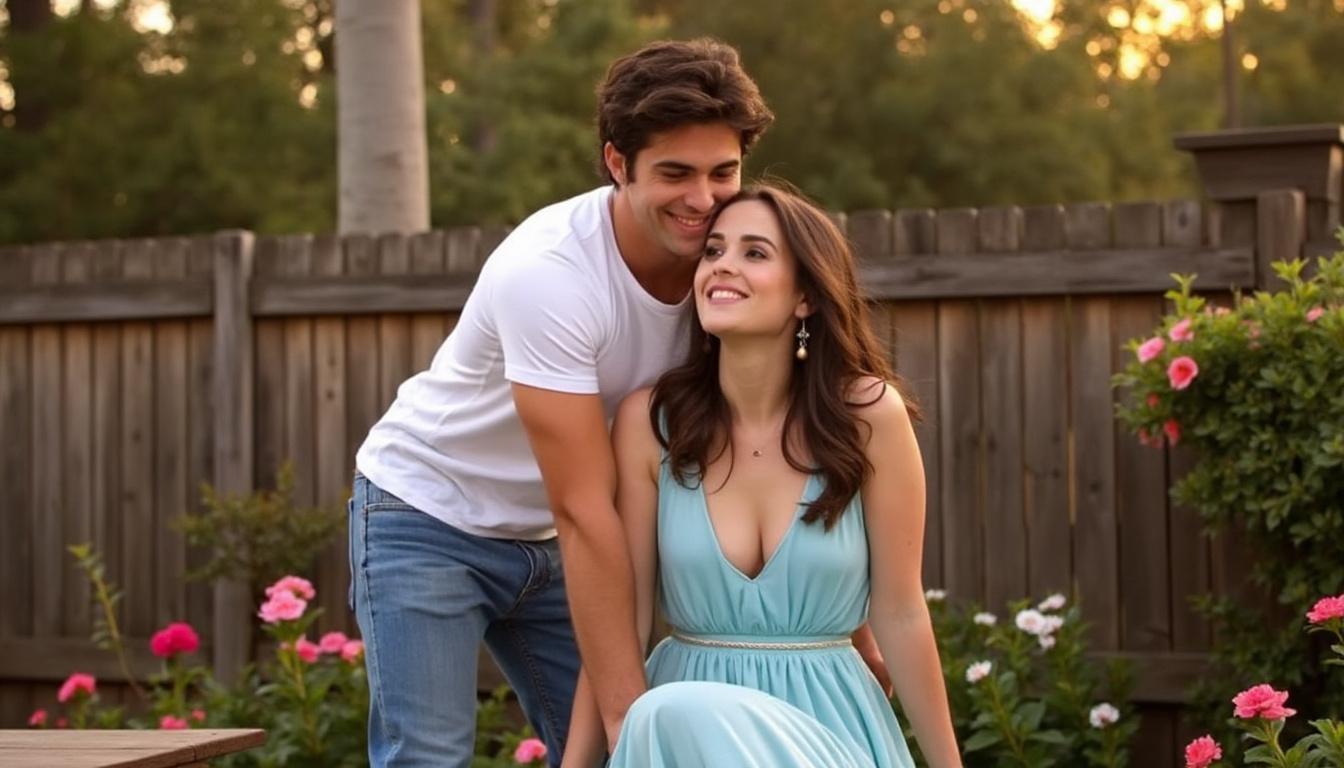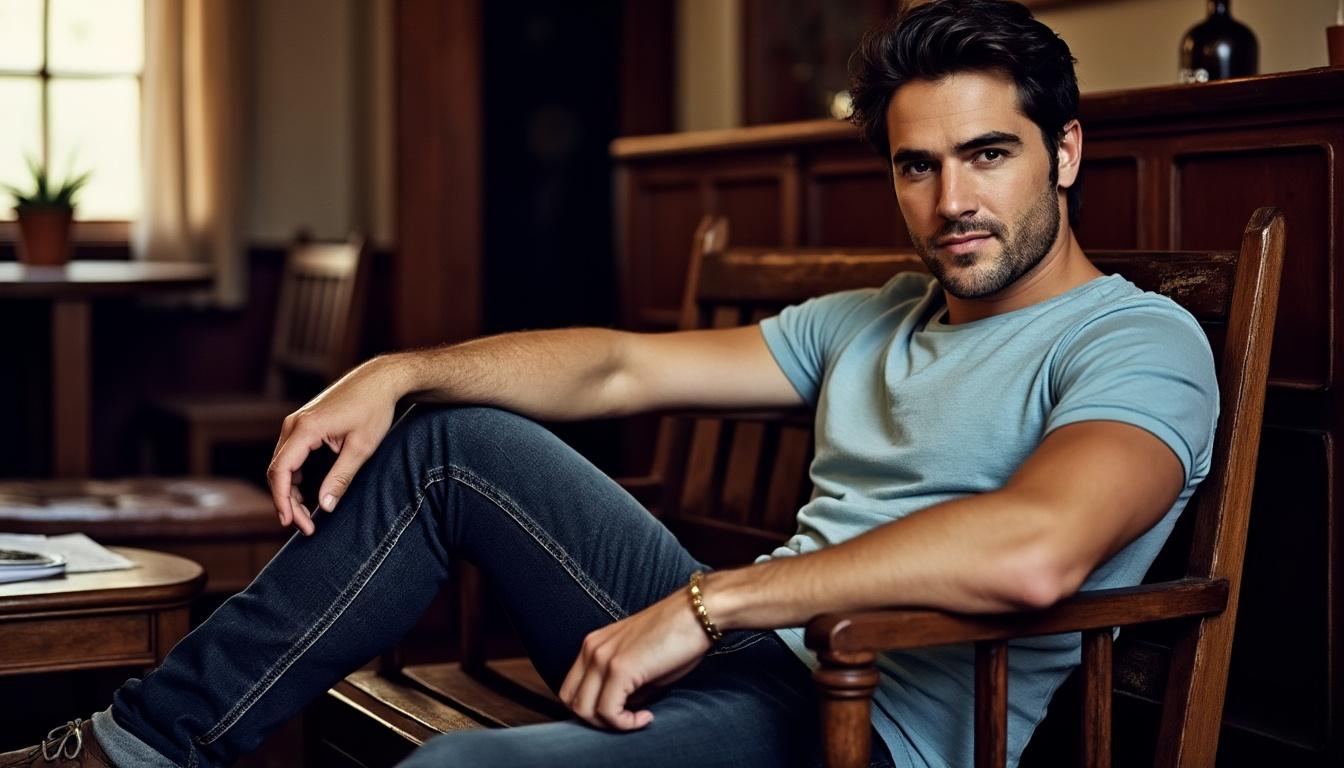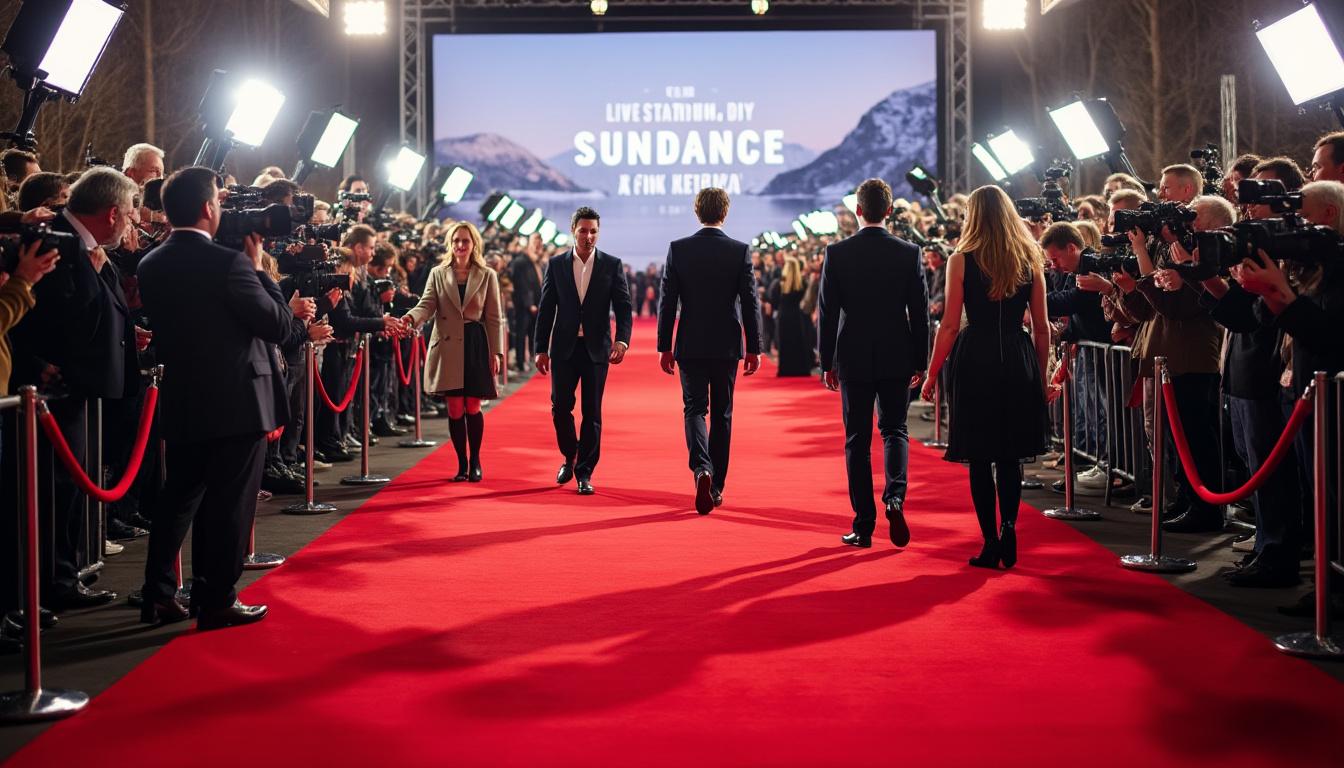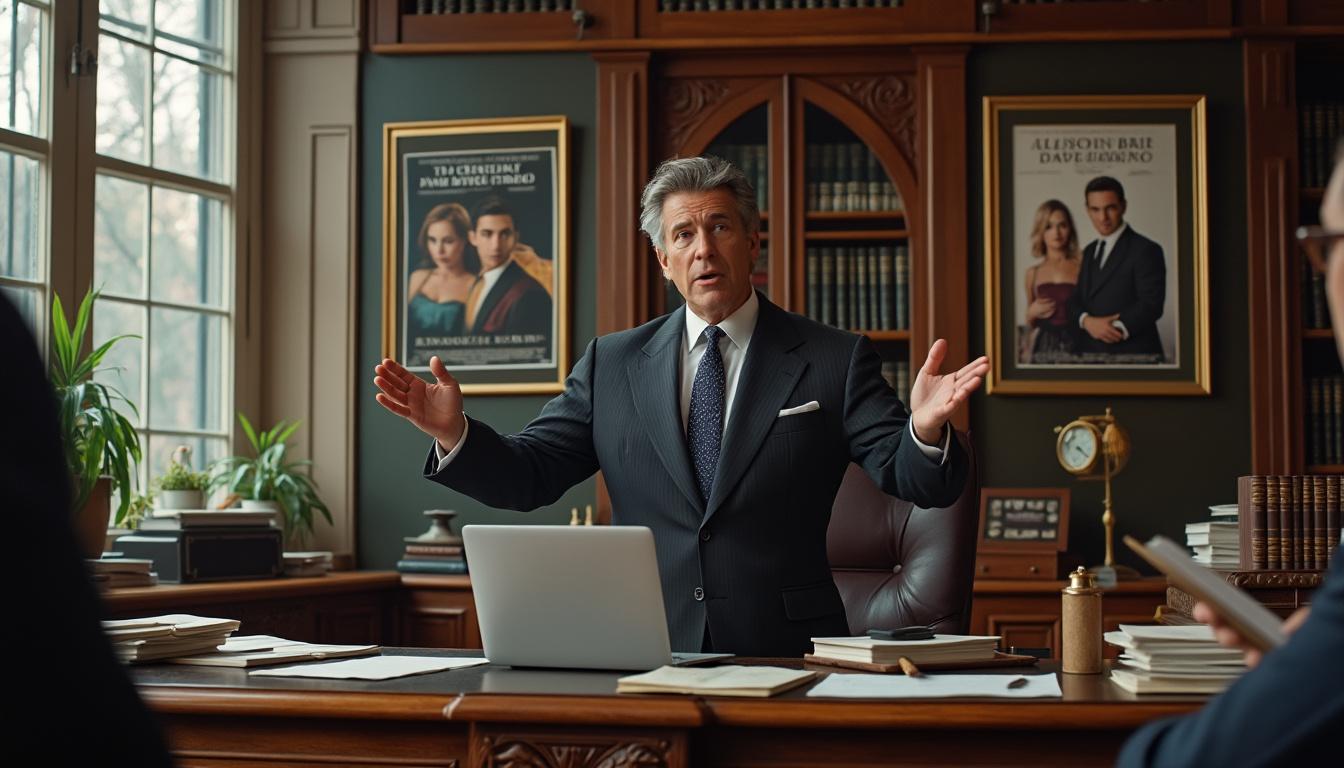The recent legal turmoil surrounding the film Together, starring Alison Brie and Dave Franco, has grabbed headlines across the entertainment industry. Both actors are not only prominent figures in the film world but are also married, making the stakes of this lawsuit even more compelling. This new supernatural body horror movie is set to hit theaters across the United States on July 30, 2025, released by Neon. However, an ongoing copyright infringement lawsuit has caused a stir, as the producers of a 2023 indie film titled Better Half have accused Brie and Franco of stealing their ideas. As the case unfolds, legal experts and industry insiders are keenly observing how this might impact the actors’ careers and the broader implications for intellectual property rights in movie production.
Understanding the Details of the Lawsuit Against Together
The lawsuit filed against the duo raises significant questions about originality and copyright within the film industry. The Better Half producers allege that Together is a “blatant ripoff” of their film, claiming that both projects share striking similarities. According to reports, the producers had initially approached Franco and Brie to star in Better Half in 2020, an offer that was ultimately declined. The current legal action suggests that there is a fundamental concern regarding how concepts are shared and monetized in Hollywood, particularly when it comes to creative storytelling.

Lawsuit Specifics and Claims Overview
The case was formally filed in a California federal court, asserting that the thematic and narrative ideas of Together bear a striking resemblance to those present in Better Half. Critics argue that this situation exemplifies a growing trend in which creators are becoming increasingly protective of their original concepts. Here are some of the central claims made by the plaintiffs:
- Both films revolve around a couple physically intertwined due to a mysterious supernatural force.
- The narrative arcs featuring bodily transformations and psychological horror elements are parsed as highly similar.
- They argue that the promotional materials for Together mirror those used for Better Half in ways that further lead audiences to draw parallels.
In light of these claims, the dialogue has opened up about the legal definitions of originality within the realm of cinema. As film production continues to evolve, these conversations not only affect the parties involved but also set precedents that will influence future projects. Several notable examples exist in the genre that exemplify similar themes, suggesting that the landscape of creative storytelling is often intertwined.
| Aspect | Better Half | Together |
|---|---|---|
| Release Year | 2023 | 2025 |
| Genre | Indie Film | Body Horror |
| Main Themes | Supernatural connections | Body transformation |
| Production Company | StudioFest | Neon |
Industry Reactions and Expert Opinions
Reactions from the entertainment community have ranged from cautious to openly critical. Legal experts and entertainment writers have been weighing in on what this lawsuit could potentially mean for Brie’s and Franco’s careers. The duo’s lawyer, Nicolas Jampol, has fervently defended Together, emphasizing that the film was “independently created” and arguing that any perceived similarities are too generic to warrant copyright protection. Some industry insiders have raised the following points:
- The necessity for clearer definitions of what constitutes copyright infringement in film and television.
- How the outcome of cases like this could deter creative experimentation in storytelling.
- The potential chilling effect it may have on indie filmmakers who fear legal repercussions for overlapping ideas.
The balancing act between protecting intellectual property and promoting creative ideas is delicate, as this case highlights. As the film industry grapples with these evolving legal issues, individuals like Jampol are determined to defend artistic integrity while ensuring that collaborators can continue to innovate without fear of unmerited lawsuits.
The Response from Alison Brie and Dave Franco’s Legal Team
In response to the accusations, Jampol’s letter dated May 21, 2025, made proclamations aimed at dismantling the plaintiffs’ claims. He stated, “Any similarities are generic and not subject to copyright protection.” Furthermore, the attorney illuminated how the screenplay for Together was in development well in advance of the Better Half proposal. This statement was significant in establishing a timeline that suggests the independent creation of content rather than direct copying.

Key Points from the Defense Argument
The legal team’s defense, as portrayed in Jampol’s statements, rests on a few pivotal points:
- The originality of ideas cannot be owned; they are concepts that resonate in various forms across different media.
- Michael Shanks, the screenplay writer for Together, had registered his script with the Writers Guild of America (WGA) back in 2019.
- Jampol stands firm that none of the unique elements from Better Half were borrowed, asserting that their film diverges significantly from the plaintiffs’ project.
The juxtaposition of legal perspectives presents a rich area of analysis for the film industry, particularly as personal stories interweave within the broader canvas of cinematic creation. This lawsuit has not only attracted media scrutiny but also offers the public a deeper understanding of the challenges artists face when navigating creative expressions.
Legal Proceedings and Next Steps
The upcoming months will lead to heightened anticipation as this legal battle progresses. Legal representatives from both sides are preparing for court appearances, which are expected to be highly scrutinized. Celebrity news outlets will likely provide extensive coverage, offering insight into how high-profile cases unfold in the public eye. The following aspects will be under review:
- Discovery of evidence surrounding the creation of scripts.
- Possible settlement talks that could resolve the issues before trial.
- Alternatives to litigation, such as mediation attempts to foster a collaborative resolution.
As these proceedings evolve, a focus on how the film industry adapts to maintain creative freedom while ensuring respect for intellectual property rights remains critical.
Future Implications for the Film Industry
The outcome of this case could set significant precedents in the evolving conversation around copyright in the film industry. As more filmmakers share similar thematic elements, the implications are vast. Critics fear that if this lawsuit succeeds, it may hamper the willingness of new creators to explore familiar storylines — stifling innovation and creativity.

Broader Conversations on Intellectual Property
In light of the lawsuit, broader discussions surrounding intellectual property rights have been kindled within the entertainment community. Filmmakers are seeking to navigate an increasingly crowded landscape where ideas can often overlap. The entertainment industry has long grappled with issues regarding copyright, and now is no exception. Several topics emerge from this discourse:
- Originality vs. Inspiration: How can filmmakers draw inspiration without crossing the line into copyright infringement?
- The Role of Agencies: Are talent agents doing enough to protect their clients from becoming embroiled in legal disputes?
- Public Perception: How do audiences respond to potential similarities across different projects, and how does that influence box office performance?
These questions linger as Together approaches its release date, solidifying its place as a touchstone in legal discussions surrounding film production.
| Key Terms | Description |
|---|---|
| Copyright Infringement | The unauthorized use of someone else’s copyrighted material. |
| Intellectual Property | Legal rights concerning creations of the mind, such as movies and screenplays. |
| Creative Ownership | The rights of creators to control the use of their original works. |
| Screenplay Registration | The process of submitting a script to a guild for protection against unauthorized use. |
This ongoing lawsuit is more than just a legal battle; it represents the entangled relationships among creativity, protection, and recognition in the film industry. As films continue to generate buzz, the focus on what constitutes creativity within confines of law will only become more pronounced.


